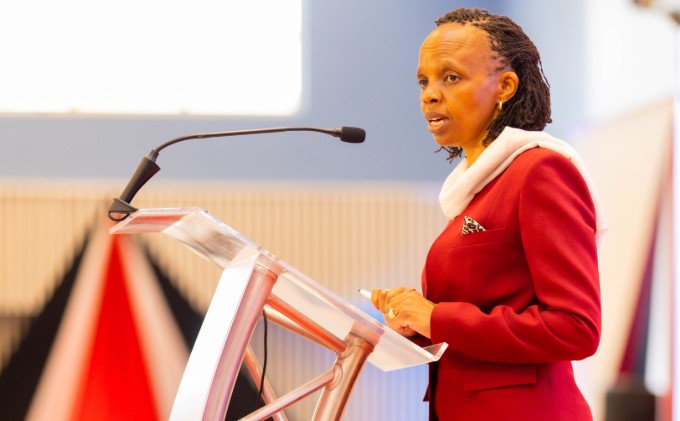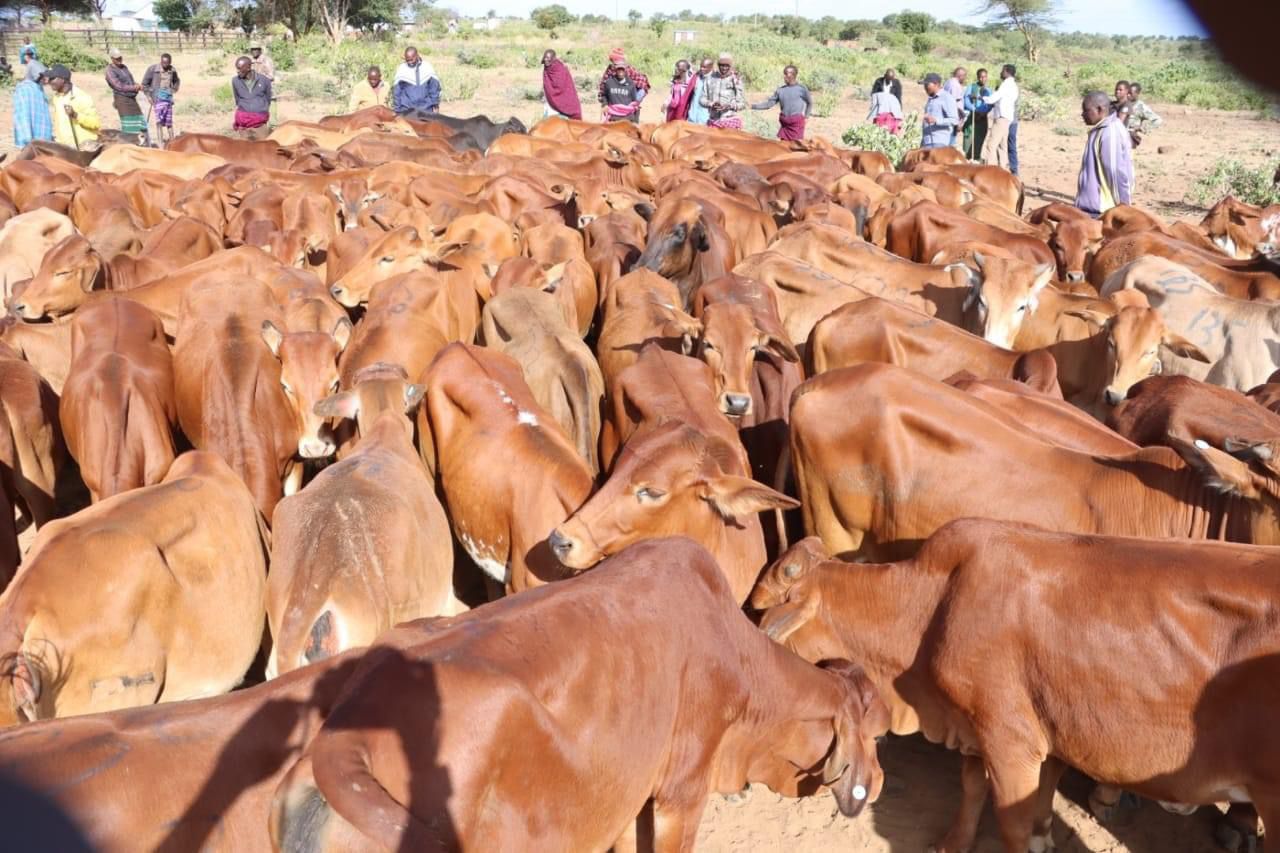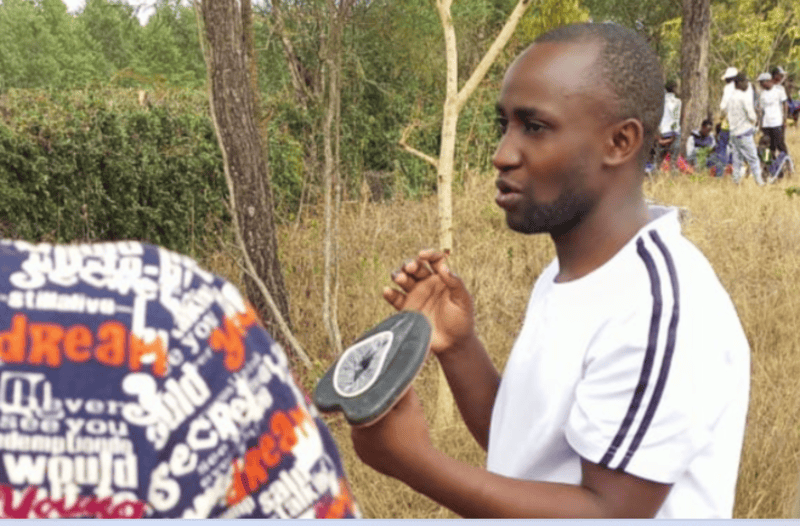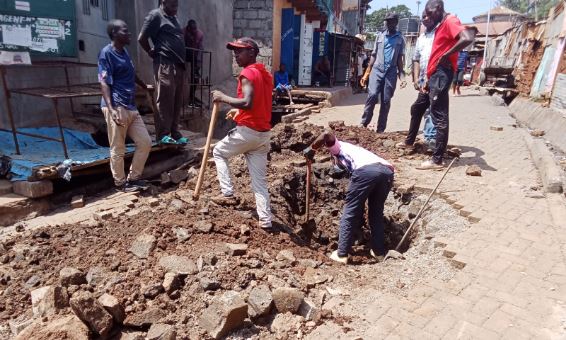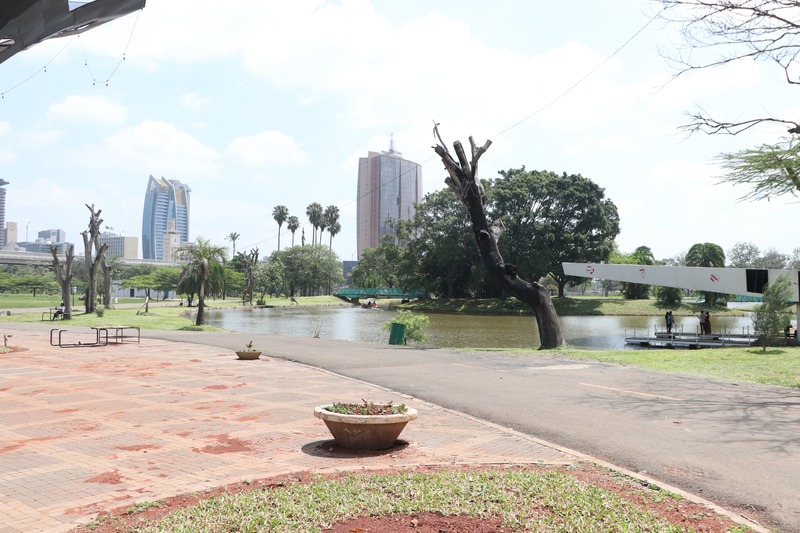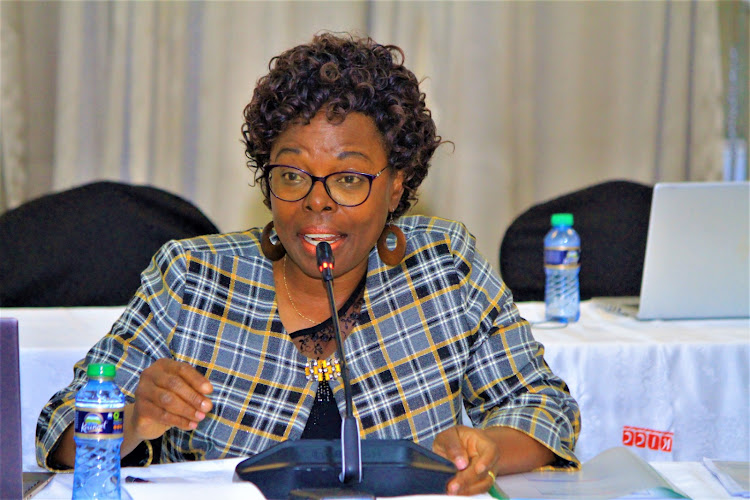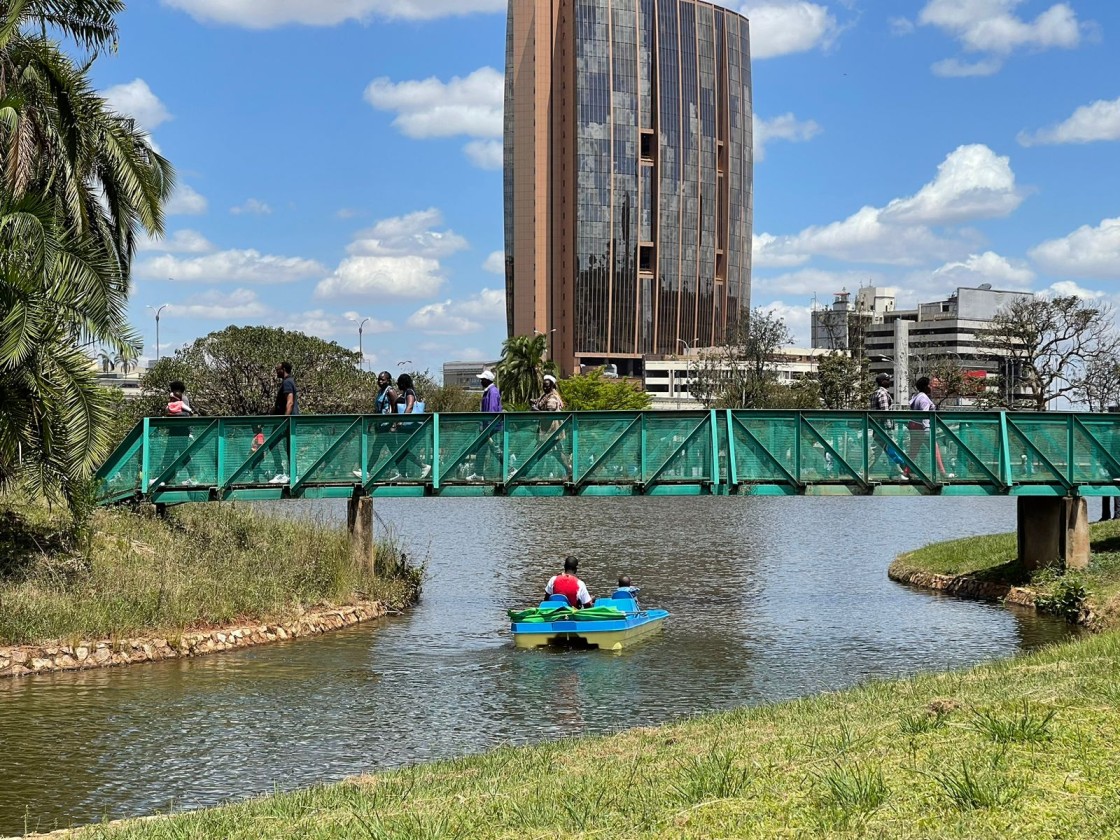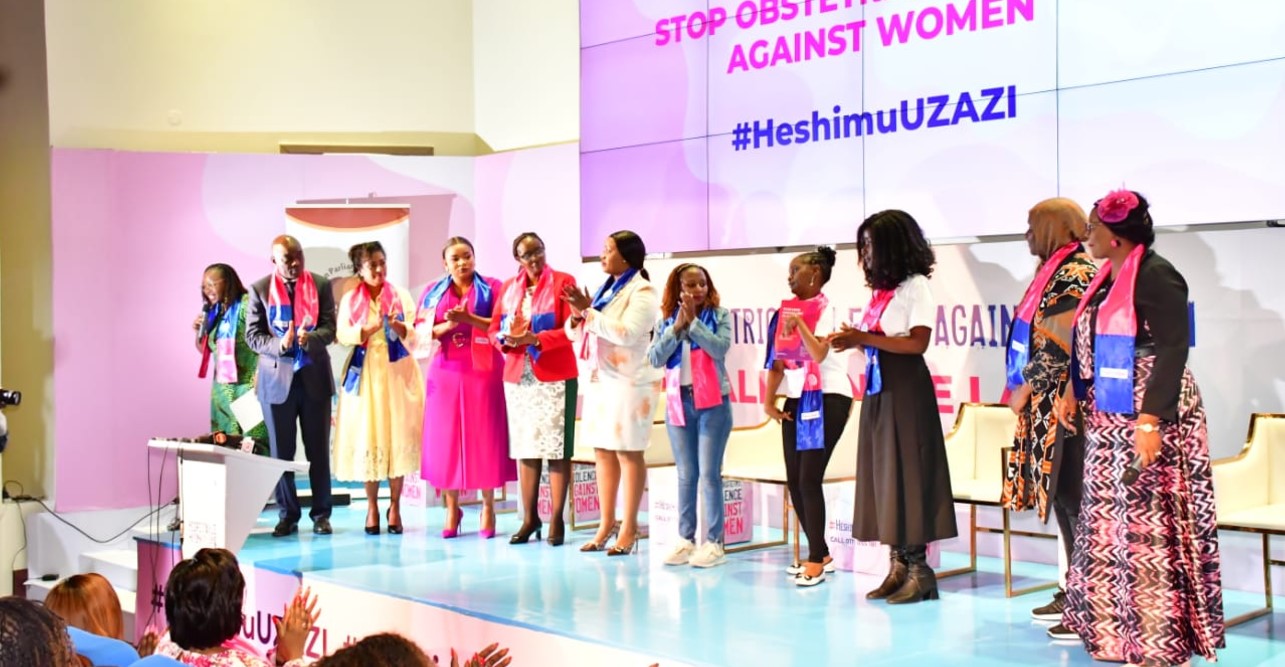Women in Nairobi informal settlements plead for adequate healthcare funding
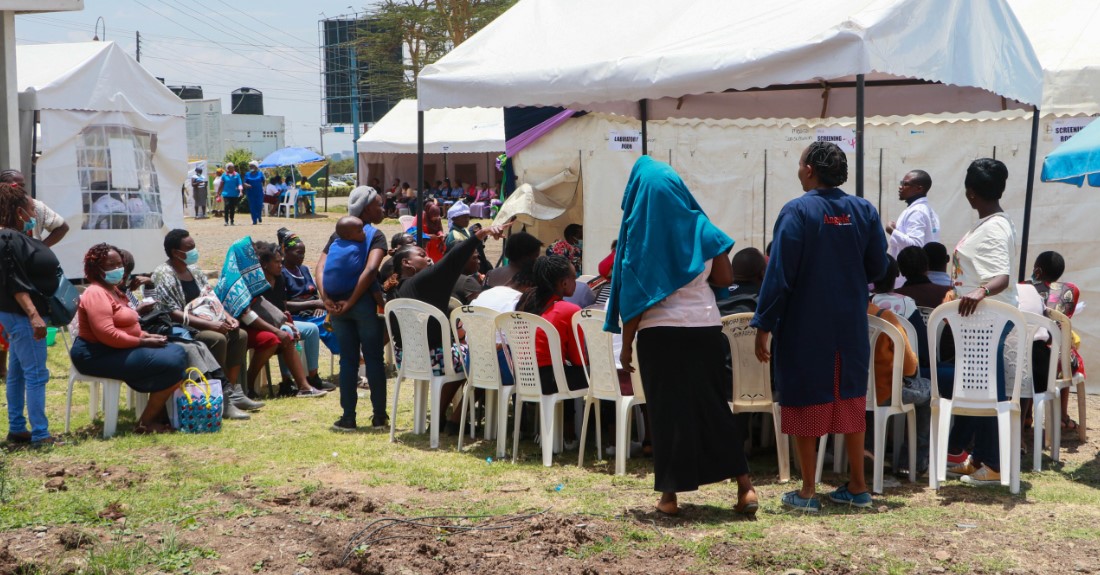
By Barack Oduor |
They said most women from underprivileged places in the county could not access good healthcare because of poverty.
Women from several informal settlements in Nairobi who turned up for a free medical camp at Mbagathi Sub-County Hospital have pleaded with the Nairobi City County Governor Johnson Sakaja to allocate more funds to his health docket to help detect and eliminate diseases affecting them.
The women, who are beneficiaries of a medical camp organised by Rotary Club of Lavington, told The Eastleigh Voice that most of them from underprivileged places in the county could not access good healthcare because of poverty.
Keep reading
For instance, Damaris Injendi, 32, from Kibera, said the inability of most women to afford money to access tests for diseases such as cervical cancer has made several of them live with such diseases unknowingly, only to be diagnosed at advanced stages.
"Because there is a lack of money in informal settlements, everyone is struggling to live and does not care much about health tests which are important for their well-being. This has led to women being diagnosed with serious diseases in their advanced stages," said Injendi.
Penina Muthoni from Mlolongo said she and other women are now forced to keep tabs on medical camps being organised within the country where there is free screening of diseases because they cannot afford the services in hospitals.
"It is now beneficial to us to keep looking for where there are free medical camps because you can be screened for various diseases at no cost as opposed to seeking the same services in hospitals," said Muthoni.
The President of the Lavington Rotary Club Wambui Karanja said the three-day medical camp has allowed hundreds of women to get screened for various diseases and also receive treatment.
"We are glad to see women turning out in large numbers to get screened for diseases such as cervical and breast cancers that have earned notoriety as killers," said Karanja.
Karanja revealed that the medical camp had been made possible through a partnership with DeckerMed Africa Trust to expand the possibility of eradicating neglected women's diseases (NWD).
"This collaboration aims to provide vital healthcare services to underserved women and girls across Kenya by increasing the capacity and outreach of DeckerMed's outreach camps and community health programmes. This partnership allows both Rotary Club of Lavington Nairobi and DeckerMed Africa Trust to mobilise resources and community connections to ensure we can reach more vulnerable women," said Karanja.
She added that the partnership has enabled them to expand their annual outreach clinics, which currently serve an average of 125 women daily, addressing health issues such as pelvic inflammatory disease, breast mass, cervical dysplasia, fibroid disease, and other disorders experienced by disenfranchised women.
She underscored that they aim to give hope to the vulnerable people who highly need the surgeries but whose families cannot afford the medical expenses.
"Rotary is about giving hope to the vulnerable people in society. The medical camp is expected to bring back lost hope to the patients and their families."
The plea of the women attending the medical camp came at a time when a plan by the Nairobi City County government to partner with private healthcare providers to establish private pharmacies in the health facilities run by the county government has sparked a storm.
Governor Sakaja's cabinet a fortnight ago resolved to partner with private healthcare providers to establish pharmacies in all the Level 4 and Level 5 hospitals to fill the gap in the shortage of drugs in facilities run by the county government.
But the MCAs led by Health Committee Chairperson Maurice Ochieng' are already reading malice in the project and are now faulting the county executive for failing to come up with the relevant legislation to guide the process.
The county government had dubbed the new establishments as "revolving fund model pharmacies" where they will "reinvest profits back into the system" to maintain and expand drug stocks for patients visiting the health facilities.
"Despite receiving the lion's share of the health sector budget, these facilities have faced chronic shortages and stock-outs of essential medications, affecting service delivery. The revolving fund model pharmacies are designed to address these critical gaps by ensuring a consistent supply of medications. This model not only aims to stabilise drug supply but also to make healthcare more affordable and efficient for Nairobi's diverse population," read a cabinet dispatch from the county government.
The pharmacies will be running under a public-private partnership where the private companies operating the pharmacies will be in charge of operations and ensure frequent supply of goods and services.
Nairobi County owes Sh243 million to the Kenya Medical Supplies Authority (Kemsa), the second highest after Kilifi which owes Sh276 million. In May, the Senate Health Committee directed Kemsa not to supply drugs to counties due to a Sh3 billion debt.
County health facilities have been faced with a shortage of drugs due to the mounting debts, with private pharmacies and chemists 'mushrooming' around the healthcare facilities to fill the void. The issue has, however, raised conflict of interest concerns given that some of the drug stores are run by the doctors who are serving in the healthcare facilities.
Reader comments
Follow Us and Stay Connected!
We'd love for you to join our community and stay updated with our latest stories and updates. Follow us on our social media channels and be part of the conversation!
Let's stay connected and keep the dialogue going!

